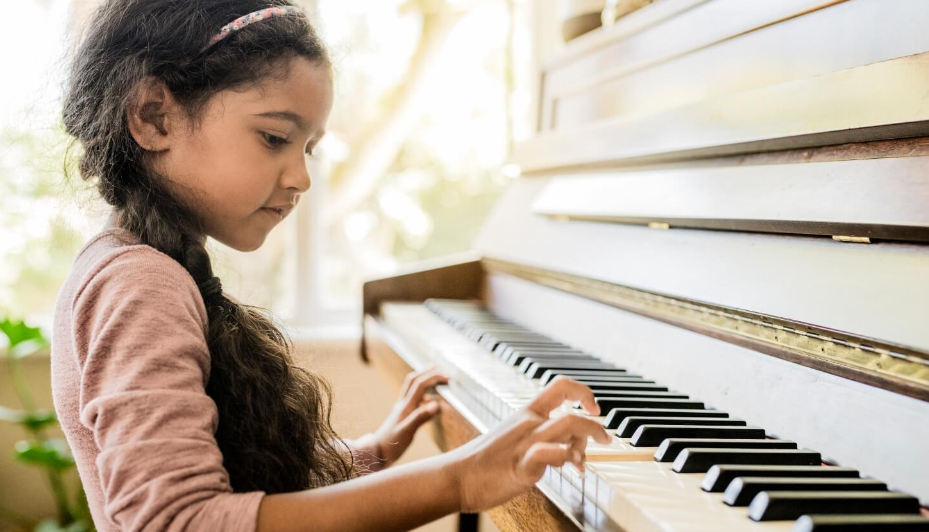Introducing children to the world of music can be an enriching and enjoyable experience. Music classes for kids provide a structured yet fun environment where young learners can explore their musical interests and develop essential skills. Here, we explore some engaging and educational activities that can make music classes both entertaining and beneficial for children.
Rhythm and Movement
One of the foundational aspects of music education is rhythm. Activities that involve clapping, tapping, or moving to the beat can help children develop a sense of timing and coordination. Simple games like “Simon Says” with rhythmic patterns or dancing to different tempos can make learning rhythm fun.
Singing and Vocal Exercises
Singing is a natural and accessible way for children to engage with music. In music classes for kids, incorporating singing games, call-and-response songs, and vocal exercises can enhance their pitch, tone, and breathing techniques. Group singing activities, such as singing rounds or harmonising, can also build teamwork and listening skills.
Exploring Instruments
Introducing children to a variety of musical instruments can spark their interest and curiosity. Allowing them to try different instruments, such as drums, xylophones, or recorders, can help them discover their preferences. Structured activities, like learning basic melodies on a keyboard or strumming simple chords on a ukulele, provide hands-on experience and can be highly rewarding.
Music Theory Through Games
Teaching music theory doesn’t have to be dull. Using games and interactive activities to explain concepts like notes, scales, and chords can make learning more engaging. For example, flashcards with musical symbols, matching games, and simple composition exercises can introduce theory in a playful manner.
Listening and Appreciation
Developing a child’s appreciation for different genres and styles of music is an important part of their musical education. Incorporating listening sessions where children hear various pieces of music and discuss their feelings and thoughts about them can be very enriching.
Integration with Other Subjects
Integrating music with other subjects, such as storytelling, mathematics, or history, can make learning multidimensional and exciting. For instance, creating a musical story where children compose sounds for different characters or scenes can enhance their narrative skills and imagination.
In Conclusion
Music classes for kids can be both fun and educational by incorporating a variety of activities that engage different aspects of musical learning. From rhythm and movement to instrument exploration and music theory games, these activities not only nurture a child’s musical abilities but also promote overall cognitive and emotional development.

